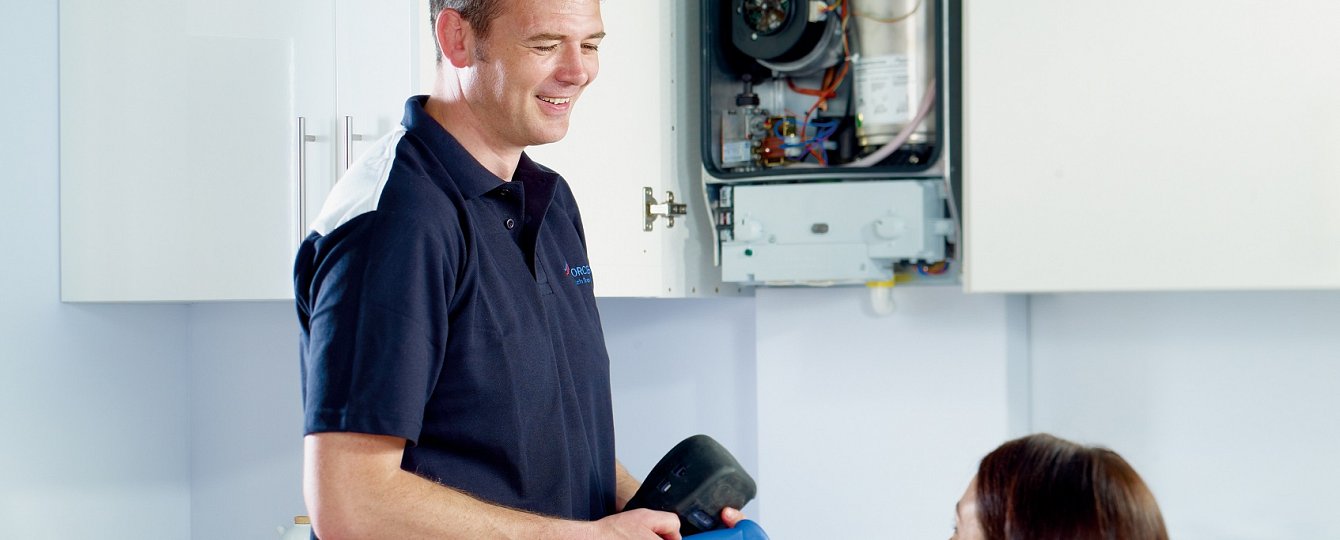

A range of specialist
YourPlumber services
for every home

09 May 2016
There is often confusion as to the differences between a routine maintenance service and a gas safety check or inspection. This is especially the case for landlords who have added legal duties.
HSE guidance confirms that although related, they are quite distinct procedures and that, ‘It should NOT be assumed that an annual service inspection meets the safety check requirement, or that a safety check on its own will be sufficient to provide effective maintenance.’1
Gas Safety Check or Inspection
Landlords have a duty to have a gas safety check carried out annually and a certificate issued to evidence that the gas appliances and flues have been safety tested.
There is no such legal duty for homeowners to have their gas appliances safety checked in the same way (unless the property is shared with lodgers, students or live-in staff for example).2
A gas safety check comprises a series of checks as determined in Regulation 26(9) the Gas Safety (Installation and Use) Regulations 1998 which specifies the gas matters to be covered. Whilst these checks satisfy a landlord’s responsibility to have an annual safety check carried out, they don’t necessarily satisfy the duty to adequately maintain equipment.
Annual boiler service
A maintenance service, or annual boiler service as it is referred to, comprises a different process to a gas safety certificate and is usually prescribed in the specific manufacturer’s instructions.
Whilst landlords often ignore a maintenance survey (believing only a gas safety check is required), it is more common for homeowners to have an annual maintenance service carried out, despite the fact that there is no legal requirement to do so.2
Effective maintenance of appliances usually involves an ongoing programme of regular/periodic inspections, together with any necessary remedial work. In the absence of specific manufacturer’s instructions, effective maintenance should include as a minimum:
Related information
1 http://www.hse.gov.uk/pubns/indg285.pdf
2 Homeowners do have duties to have equipment safety checked and maintained in certain circumstances.